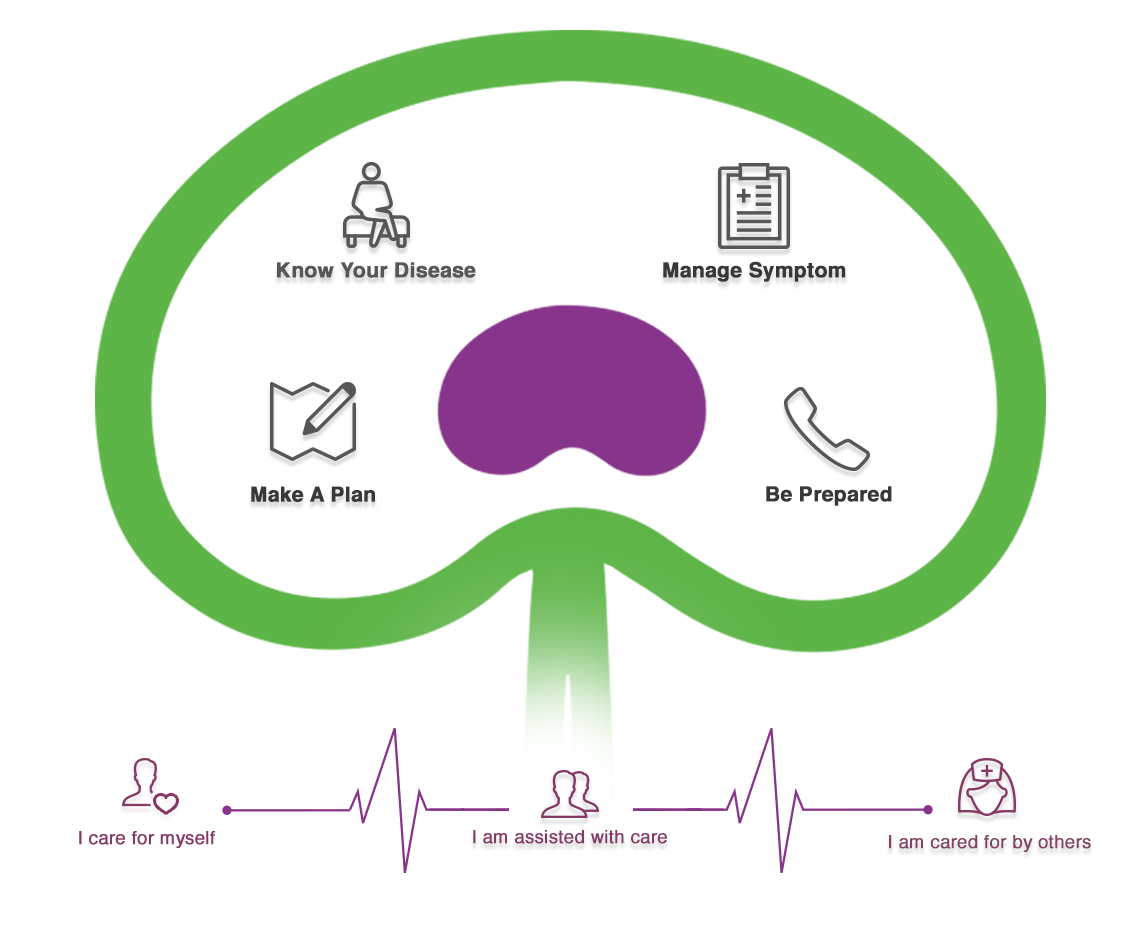Crisis Management for Healthcare Professionals
While it is not possible to plan for every possible situation, the following crisis management measures are recommended:
Advance Care Planning (including the Goals of Care Designation Order)
Patients should have a Green Sleeve with a documented decision for CKM. The Goals of Care Designation (GCD) Order should clearly state that the patient has chosen not to have dialysis. The patient and family should know where to keep it (on or near the fridge) and they should bring it with them to any medical appointments or if they have to go to the hospital.
A CKM alert label should be placed on the bottom right corner of the patient's Green Sleeve.
Note: Do not obscure the patient name on the GCD order.Discuss and create a Crisis Action Plan with your patient. A crisis action plan is used to plan for and be prepared for a decline in your patient’s kidney function.
This health care professional crisis action plan should be used by healthcare providers to inform how they should care for a patient who has chosen conservative kidney management, in the event of a crisis. Instruct your patient and their family to keep this action plan in their green sleeve. In the event 911 is called or they need go to an emergency department, the patient or family member should give this action plan to the health care professional caring for them.
Remember that EMS Assess, Treat, and Refer is available across the province – EMS can provide care in the community in order to facilitate timely symptom management and to avoid undesirable transfers to acute care for patients who wish to remain at home.
Healthcare providers can also access urgent nephrology or palliative care consult services via RAAPID:
North: 1-800-282-9911 or 780-735-0811
South: 1-800-661-1700 or 403-944-4486
Additional Resources:
Back to Pathway



